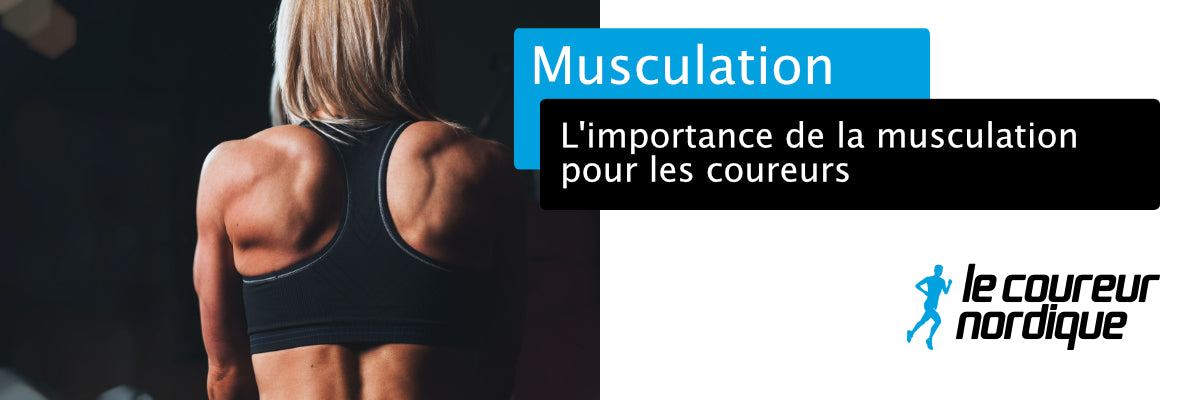
the importance of strength training for runners
Strength training is often thought of as something for those looking to gain muscle mass. However, it has significant benefits for athletes, especially those who run. Here's why every runner, whether they're just starting out or working at a professional level, should consider strength training as a key part of their training.
Improved Racing Economy (EC)
Strength training helps strengthen the muscles used during running, leading to better stabilization and technique. This strengthening has an impact on running economy: the runner then uses less energy for a given distance and speed. Strong and efficient muscles require less oxygen, thus making it possible to maintain a defined speed with less energy expenditure.
Improved anaerobic capacity
Although running is primarily an aerobic activity, there are times when the anaerobic system is needed, especially toward the end of a race. Strength training, especially high-intensity exercises over short periods of time, is an asset in developing this anaerobic capacity. So when it comes to giving that final push at the end of a race, a person with strong anaerobic capacity will shine.
Improved speed at VO2max (VVO2)
VO2max is a fundamental indicator of aerobic performance. For runners, it is not only the amount of oxygen they can consume, but also the speed at which they can run while reaching this peak. With strength training, they can increase their power, helping to improve their VVO2.
Thus, strength training goes far beyond the simple quest for aesthetics. For running enthusiasts, it represents a way to improve their performance, increase their speed and minimize the risk of injury. By incorporating strength training, the chances of success, whether for a first 5 km race or to beat a personal record in a marathon, are optimized.
And for monitoring tailored to each profile, the CGKIN clinic, a pioneer in kinesiology for running enthusiasts, offers tailor-made support in the creation of muscle training and running plans.
Catherine Gagné, Kinesiologist and owner of the CGKIN clinic








